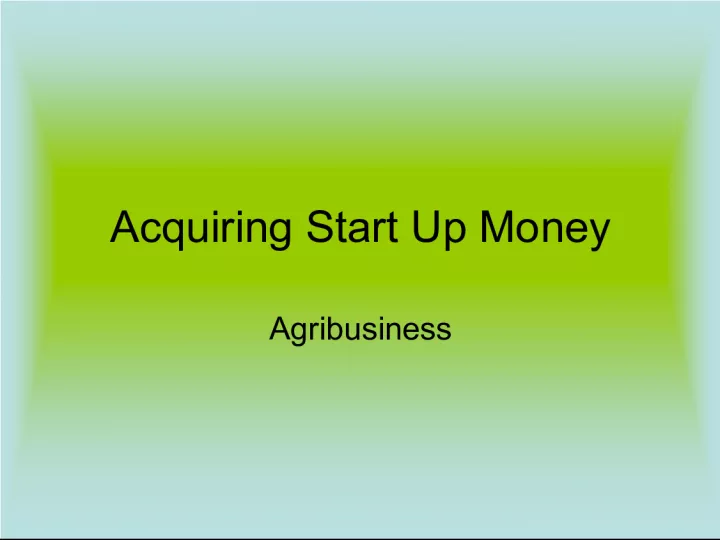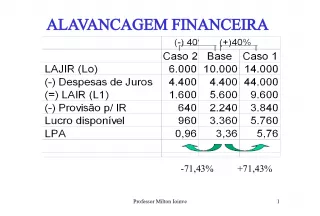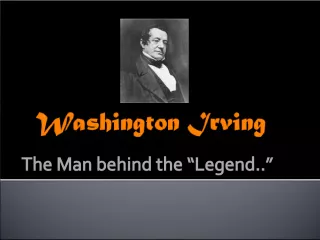LIFE IS SWEET: The Inspiring Story of Milton Hershey


The story of Milton Hershey, born in 1857, who began his life thinking about candy and became a successful entrepreneur despite facing multiple failures. He founded the Hershey Chocolate Company and built a town for his workers, which remains a world-class manufacturing and tourist attraction.
- Uploaded on | 0 Views
-
 andrea
andrea
About LIFE IS SWEET: The Inspiring Story of Milton Hershey
PowerPoint presentation about 'LIFE IS SWEET: The Inspiring Story of Milton Hershey'. This presentation describes the topic on The story of Milton Hershey, born in 1857, who began his life thinking about candy and became a successful entrepreneur despite facing multiple failures. He founded the Hershey Chocolate Company and built a town for his workers, which remains a world-class manufacturing and tourist attraction.. The key topics included in this slideshow are Milton Hershey, Hershey Chocolate Company, candy, success, entrepreneurship,. Download this presentation absolutely free.
Presentation Transcript
1. Acquiring Start Up Money Agribusiness
2. LIFE IS SWEET: THE STORY OF MILTON HERSHEY Born in September 1857, in the heart of Pennsylvania Dutch country, Milton Hershey began life thinking about candy. His first job was an apprenticeship to the local printer who shortly dismissed him. His mother suggested that candy was the trade for Milton, and sent him to learn about the confectionery business. Later, Milton moved to Philadelphia where he founded his first candy shop. Yet with all his hard work the business failed. Milton moved to Denver. He found work with a candy manufacturer. He learned about fine quality caramels made with fresh milk. Fresh milk, Milton learned, allowed the candies to stay sweet and fresh. After borrowing money from his mothers family, Milton moved on to New York City to open a new candy shop. Again the business failed. This time his creditors also lost money. Milton vowed he would pay his remaining debt. One more time Milton opened a confectionery business. This time he made fine caramels. By focusing on a specialty item, Miltons business quickly grew. He paid back his creditors, and later sold the business for one million dollars. Milton Hershey still dreamed of making chocolate. In 1894, he started the Hershey Chocolate Company in Lancaster, Pennsylvania, as a subsidiary of the Lancaster Caramel Company. Later, he set up business in the small town later known as Hershey, Pennsylvania. He built a large factory and housing for his workers close to dairy farms. His greatest pride was Hershey Industrial School for orphan boys. During the Great Depression he added buildings to his town at a time when money was scarce. No man went without wages. When World War II erupted, Hershey developed a chocolate bar for soldiers to carry as emergency food. The U.S. government honored Hershey for his contribution. Milton Hershey died in 1945 at the age of 88. The town of Hershey continues not only as a world-class manufacturing town, but also as a tourist attraction. The pride of Milton Hershey also lives on as the Milton Hershey School educates thousands of children.
3. Milton Hershey
4. What is Seed Money (start-up money)? Seed money is typically used to pay for such preliminary operations as market research and product development. Investors are often the business founders themselves, using savings, mortgage money, or funds borrowed from family and friends. They may also be outside angel investors , venture capitalists or accredited investors who are acquainted in some way with the founders. Seed capital is not necessarily a large amount of money. Many people start up new business ventures with $10,000 or less.
5. What is Venture Capital? Seed money can be distinguished from venture capital in that venture capital investment tends to involve significantly more money, an arm's length transaction, and much greater complexity in the contracts and corporate structure that accompany the investment.
6. Sources of Start-up Money 1. Your own pockets 2. Family and Friends 3. A line of credit through a local bank/banker. 4. A start-up business loan from a bank. 5. A start up business loan from a business-related or government sponsored organization.























